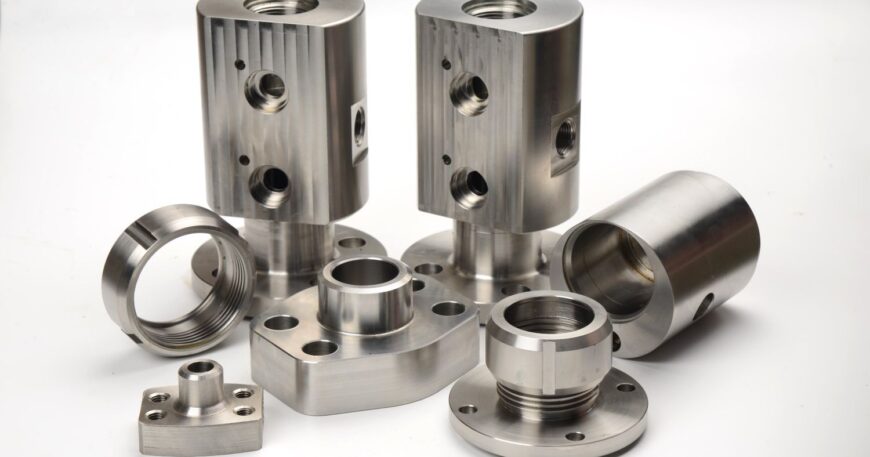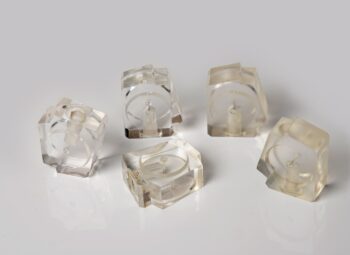In the dynamic world of pharmaceuticals, precision and reliability are paramount. The heart of many pharmaceutical processes lies in the intricate design and functionality of valves. These essential components play a critical role in controlling the flow of liquids and gases in pharmaceutical manufacturing, demanding a level of precision that only complex machining can achieve. In this blog, we will explore the challenges and innovations in complex machining for pharmaceutical valves, highlighting the importance of precision in this vital sector.
The Crucial Role of Valves in Pharmaceuticals:
Pharmaceutical valves are not mere conduits; they are sophisticated instruments that ensure the precise regulation of fluids, maintaining the integrity and purity of pharmaceutical processes. From controlling the dosage of medications to managing the flow of raw materials in drug manufacturing, valves are the unsung heroes of pharmaceutical engineering.
The Challenges of Complex Machining in Pharmaceutical Valve Manufacturing:
- Tight Tolerances and Precision:
Pharmaceutical valves often require incredibly tight tolerances to maintain accuracy in dosage and flow control. Achieving such precision demands advanced machining techniques and cutting-edge technology. - Material Selection for Biocompatibility:
Valves in pharmaceutical applications often come into direct contact with drugs or other sensitive substances. Machining processes must consider the biocompatibility and cleanliness of materials to ensure product safety and regulatory compliance. - Complex Geometries and Internal Structures:
The intricate internal structures of pharmaceutical valves, including channels, ports, and sealing surfaces, require advanced machining capabilities to ensure consistency and reliability in performance. - Surface Finish for Cleanability:
Pharmaceutical manufacturing demands a high level of cleanliness. Valves must have smooth surfaces that are easy to clean and sterilize to meet stringent hygiene standards.
Innovations in Complex Machining for Pharmaceutical Valves:
- Multi-Axis CNC Machining:
Utilizing multi-axis CNC machining allows for intricate and complex geometries, enabling manufacturers to produce valves with precise internal features and tight tolerances. - Advanced Materials and Coatings:
The use of cutting-edge materials, such as corrosion-resistant alloys and biocompatible polymers, coupled with specialized coatings, enhances the durability and cleanliness of pharmaceutical valves. - In-Process Quality Control:
Real-time monitoring and in-process quality control measures ensure that each valve meets the required specifications, reducing the likelihood of defects and ensuring consistent quality. - Collaboration with Material Experts:
Collaborating with material experts in the pharmaceutical industry facilitates the selection of materials with the ideal combination of strength, corrosion resistance, and biocompatibility.
Conclusion:
In the realm of pharmaceutical valve manufacturing, complex machining is not just a process; it’s a commitment to precision, reliability, and safety. As the pharmaceutical industry continues to advance, so too must the technologies and methodologies employed in producing these critical components. By navigating the complexities of machining with innovation and dedication to quality, manufacturers play a vital role in supporting the pharmaceutical sector’s quest for excellence and patient well-being.






